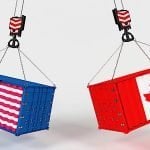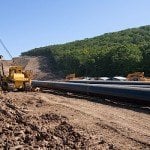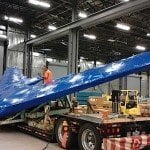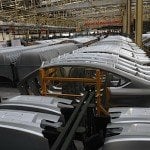Irving Oil, operator of Canada’s largest crude oil refinery, announced a $200 million turnaround operation for its Saint John, New Brunswick refinery. It will be the largest such operation it has ever mounted. “Operation Falcon” as they are calling it will begin mid-September and last for sixty days, employing 3,000 tradespeople in addition to the full-time employees who already work there. The company said in a statement that the operation could create $27 million in direct spinoff benefits for Saint John.
The turnaround—a revamping event in which the entire plant will be offstream for the duration—will involve “substantial upgrades” to the refinery’s operations. Improving safety, reliability and long-term competitiveness will be the focus of the project.
Irving President Ian Whitcomb said it was more than an investment in the refinery, “it is an investment in our people and our region, and it signals Irving’s long-term commitment to the economic future of Saint John, New Brunswick, and the rest of Atlantic Canada.” The majority of workers for the project, including pipefitters, electricians, boiler makers and other skilled workers, are expected to come from New Brunswick and Atlantic Canada.
On the competitiveness front, the company has already made one significant move recently: it has stopped importing Bakken Shale oil from the US. It is cheaper today to import crude from producers like Saudi Arabia, shipped to North American refineries by sea, than to import from North Dakota, where the Bakken Shale deposits are, shipped by rail. According to the Wall Street Journal, Irving now buys about 90 per cent of its crude from Saudi Arabia and Western Africa. The remainder comes from Canada’s oil sands. About 80 per cent of Irving’s production is exported to the United States.
One year ago, Bakken crude made up 25 per cent of Irving’s feedstock, about 100,000 barrels a day. Now Irving says it is importing none. The price of Bakken has risen relative to other crudes, when costs of shipping by rail are factored in.
Whitcomb also noted in remarks at the official announcement that investments like Operation Falcon have allowed Irving to thrive while other companies struggle. Refineries in Nova Scotia and Quebec have closed in recent years.

































